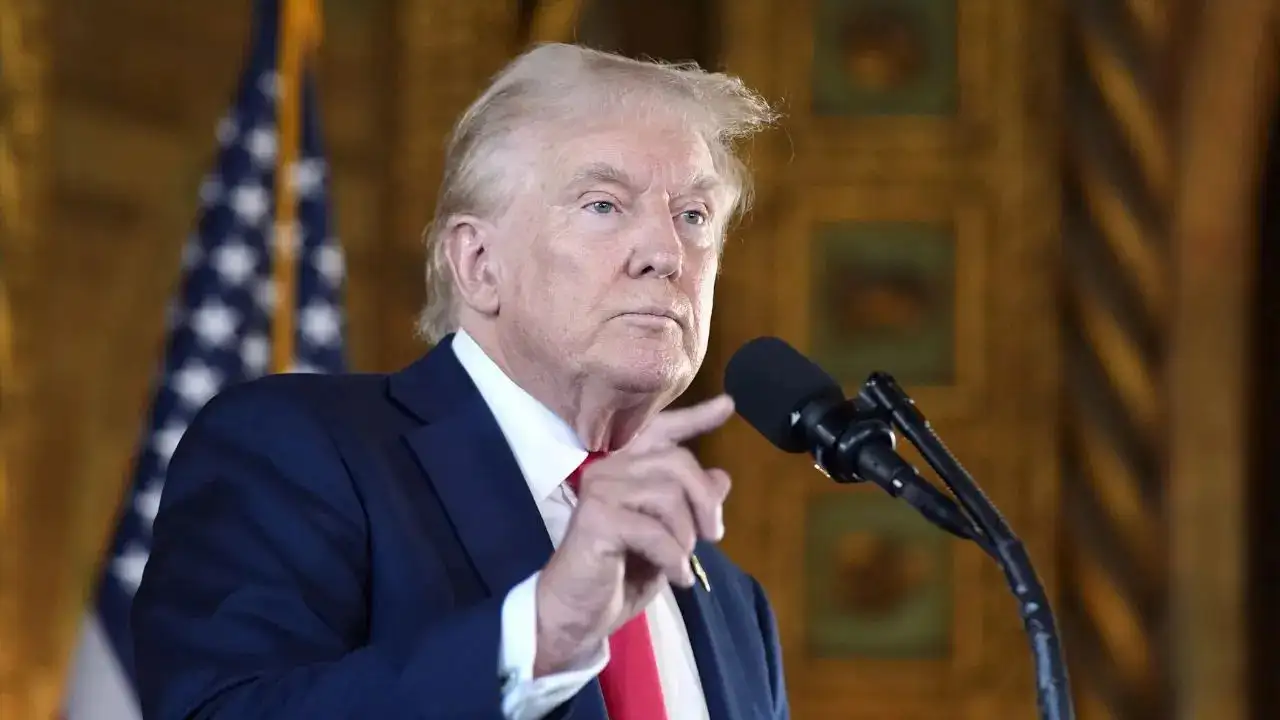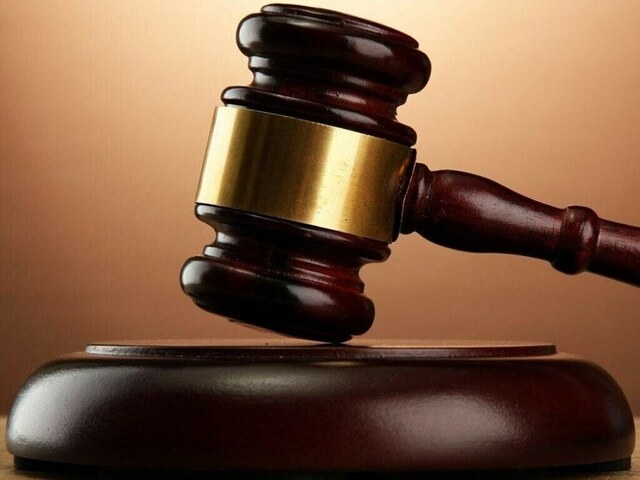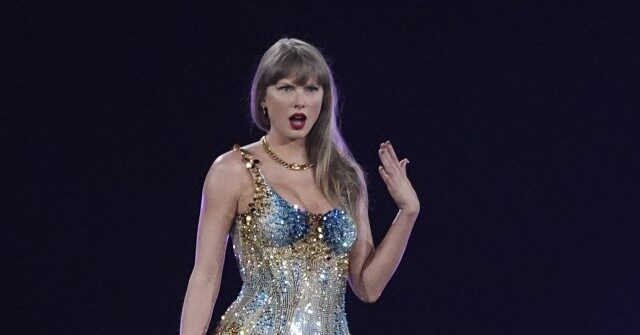Copyright timesnownews

The United States Supreme Court commenced hearings on Wednesday in a landmark case challenging the legality of tariffs imposed under the Trump administration. The former president invoked the International Emergency Economic Powers Act (IEEPA) to levy duties of up to 50% on goods from dozens of nations, citing national security and trade deficits as “extraordinary threats.” Legal experts say the ruling could redefine the limits of executive power in trade and foreign policy. In a Truth Social post ahead of the hearing, Trump warned the case was “literally, life or death for our country.” He argued that the tariffs were crucial for America’s “financial and national security,” crediting them with driving record stock market highs. Trump, however, declined to attend the proceedings, saying he did not wish to distract from the importance of the court’s decision. Businesses and Lawmakers Split as Stakes Reach $90 Billion For small and mid-sized businesses, the tariffs have been devastating. “They’ve thrown our business into unbelievable disruption,” said Rick Woldenberg, CEO of Learning Resources, one of the companies suing the government, which expects $14 million in tariff costs this year alone. Cooperative Coffees, another plaintiff, has paid $1.3 million since April. “This is an energy drain like I’ve never seen,” said its co-founder, Bill Harris. More than 200 Democratic lawmakers and one Republican senator, Lisa Murkowski, have filed briefs opposing the administration’s interpretation of IEEPA. They argue that the Constitution grants Congress, not the president, authority to impose taxes and tariffs. The Senate also symbolically voted to reject Trump’s national emergency declaration, though the motion is unlikely to pass the House. Uncertain Outcome Could Reverberate Across Global Markets The stakes are high—an estimated $90 billion in tariff revenue could be subject to refunds if the Supreme Court rules against the administration, according to Wells Fargo analysts. A prolonged ruling process could push the potential refund exposure toward $1 trillion. Legal analysts remain divided. “Arguments are available for the Supreme Court to go in all different directions,” said Greta Peisch, a partner at Wiley and former trade lawyer in the Biden administration. Trump’s critics argue that the IEEPA does not explicitly authorise tariffs, while his defenders maintain that national security emergencies justify broad executive discretion. The decision, expected by January, could influence ongoing trade negotiations, including pending agreements with the European Union. As Swiss chocolatier Daniel Bloch of Chocolats Camille Bloch noted, “If the court were to make the tariffs go away, we’d see that as a positive sign—but we don’t trust that it will bring the solution.” Get Latest News Live on Times Now along with Breaking News and Top Headlines from US News and around the World.



